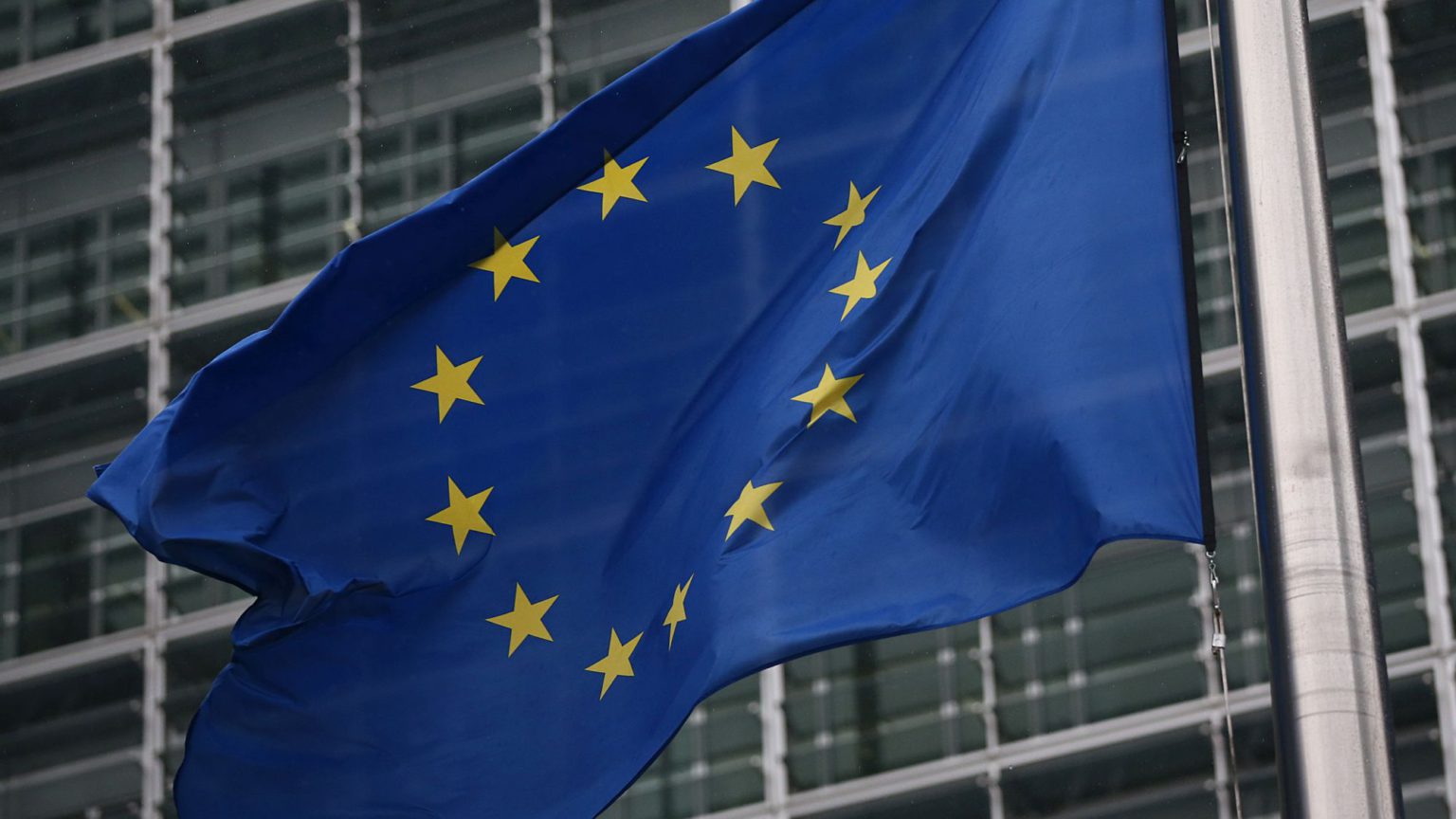Why the EU has struggled with the vaccine
Its botched rollout shows the importance of nation states.

Whenever I become sceptical of the UK’s decision to leave the European Union, I am almost instantly reminded by some event or story of the inefficiency of the EU. As the transition period ends and we leave the EU’s structures, it is worth comparing the UK’s up-and-running (though far from perfect) vaccine rollout with the EU’s largely failed attempts to secure itself reliable vaccine doses.
UK prime minister Boris Johnson’s decision in June not to join the EU vaccine programme was derided by numerous MPs as ‘putting ideology before saving lives’ and playing ‘silly Brexit games’. Now, however, with the UK likely nearing one million vaccinations by the end of the week, and Europe having begun its rollout only this week, it would appear such complaints had it completely the wrong way round.
As the German news magazine, Der Spiegel, reported recently, the EU’s approach to securing vaccine doses has been messy from the beginning, starting with its choice of suppliers. The EU’s ‘vaccine alliance’, made up of Germany, Italy, France and the Netherlands, concluded contracts with pharmaceutical giants Sanofi, Johnson & Johnson and AstraZeneca early on, while strangely leaving out the companies that had demonstrated some of the most promising results at the time – BioNTech and Moderna. While many countries took advantage of some of these latter vaccines’ hopeful results by securing millions of doses as early as July, the EU did not get around to ordering these vaccines until November, delaying delivery by precious weeks.
Even by November, when BioNTech was reporting 95 per cent effectiveness, the EU ordered far too few doses. BioNTech offered 500million doses, but the EU only took 200million. The two vaccines with which the EU secured its first orders – Johnson & Johnson and Sanofi – have both now delayed seeking approval until well into next year. The only vaccine model at this moment which the EU has approved is the BioNTech model, which it hedged its bets against. This has delayed the continent’s vaccine rollout, resulting in lots of unnecessary deaths, while needlessly prolonging the economic misery of lockdown. Hopefully, things will speed up if the EU follows the UK in approving the Oxford / AstraZeneca vaccine.
In contrast, the UK’s early securing of sufficient batches of BioNTech doses and quick approval of that vaccine, as well as our securing of 100million doses from Oxford / AstraZeneca, means an earlier rollout, an earlier easing back to normality, and hopefully an earlier economic recovery. Though there are serious questions to be asked about the speed with which vaccinations are being rolled out in the UK, with other countries like Israel already racing ahead of us, we have undoubtedly had a headstart compared with the EU.
I say this with no glee – I would be much happier to see our European neighbours get out of the trap of this pandemic as quickly as possible. However, in observing the contrast here, it is important to recognise the bureaucratic inefficiency and immobility we have freed ourselves from. As we come to the end of the transition period, this story should be further reason for us to believe in our ability to make the right decisions and secure our interests as a sovereign nation outside of the European Union’s structures and programmes.
Although there are many things the EU is good for, its inadequacy in handling crises like pandemics has been driven home by these vaccine failures. For all the talk of ‘international solidarity’ within the bloc, the EU’s handling of the pandemic has largely been a story of nation states reasserting themselves against the EU’s supra-nation state. Such was the case during the outbreak of the virus, with the unilateral restrictions on the movement of drugs within the EU and the failure of joint procurement and distribution of what PPE equipment was available. So it is again with vaccination stage: the German federal government is now trying to secure millions of doses to be used exclusively in Germany, separately from the vaccine alliance’s orders. This is likely to be a bone of contention in the bloc. For if this allows Germany to open up earlier, the Mediterranean countries whose economies have been the worst hit by the pandemic will ask why Germany should be able to use its economic clout to get out of the pandemic-induced lockdown restrictions faster than they can.
Brexit, of course, has its trade-offs. But had we opted to join the EU’s vaccine alliance, its slow, immobile and bureaucratic decision-making process would have been a potential liability for the UK. Hopefully, the EU can learn from this and adapt itself to better handle future crises. However, as we begin our future outside the bloc, the UK will fortunately not have to rely on it doing so.
Patrick Hess is a writer.
Picture by: Getty.
To enquire about republishing spiked’s content, a right to reply or to request a correction, please contact the managing editor, Viv Regan.









Comments
Want to join the conversation?
Only spiked supporters and patrons, who donate regularly to us, can comment on our articles.